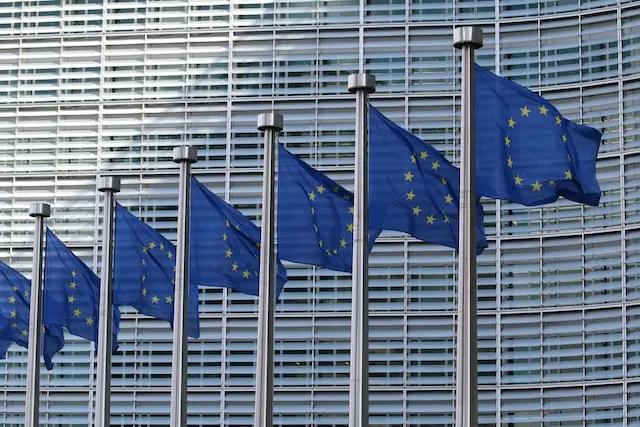According to the European Commission, over half of green claims made by companies in the EU are vague, misleading, or unfounded. To combat this issue, the EU has proposed a new law on green claims that aims to make them reliable, comparable, and verifiable across the EU. The goal is to protect consumers from greenwashing, promote informed purchasing decisions, and establish a level playing field for businesses in terms of their environmental performance.
The problem with greenwashing
Greenwashing refers to companies that falsely claim their products or services as environmentally friendly to attract more customers. This practice causes problems for consumers trying to make informed purchasing decisions based on sustainability.
Studies have shown that as much as 53% of green claims are unreliable, and 40% have no supporting evidence. This means that consumers cannot trust the information they receive, and they may end up making choices that are not actually better for the environment.
So, even when companies make genuine efforts to be more sustainable, it can be difficult for consumers to distinguish between truly environmentally friendly products and those that are simply being marketed as such.
As a result, the EU seeks to curb this issue by imposing penalties on companies that make false green proclamations.
The proposed law’s sanctions
The EU is taking a firm stance against misleading claims with this new law. It imposes sanctions against companies engaging in greenwashing. These sanctions act as an effective deterrent against greenwashing.
In the proposal, the sanctions are designed to be “effective, proportionate and dissuasive,” which means they must be harsh enough to deter companies from engaging in misleading green claims. Currently, the EU set the sanctions at 4% of a company’s turnover, the same percentage used in the GDPR.
While these penalties may seem severe, greenwashing impacts both consumers and businesses. Consumers never know which companies actually provide green products. Meanwhile, companies become disincentivized from making their products greener when other companies can make any environmental claim they want.
How does this affect commercial real estate?
With the strict guidelines set out by this new proposed law, commercial real estate companies will need to be more transparent about their environmental performance. This will require businesses to maintain proper certification and verifiable proof to back up their claims. The hefty fines that come with this proposed law prevent real estate businesses from making false claims about their environmental friendliness.
Although laws like this can make companies nervous, commercial real estate companies already investing in environmentally sustainable practices can gain a competitive edge. Once this new law becomes active, environmentally friendly CRE companies can more effectively leverage their achievements in marketing materials.
Conclusion
By establishing clear criteria for reliable and verifiable environmental labels and claims, the proposed law enables consumers to make better-informed purchasing decisions. It also promotes a level playing field for companies’ environmental performance. With effective, proportionate, and dissuasive sanctions, the EU is sending a strong message to companies that greenwashing will no longer be tolerated.

Dr. Erik Wallin
Chief Ecosystem Officer, and founder of ProptechOS and RealEstateCore is recognized as a leader in Building Operating Systems (BOS) and making the buildings of the world smarter. He holds an MSc and a Ph.D. in Media and Computer Science from KTH Royal Institute of Technology.
Read his full bio and information here.

